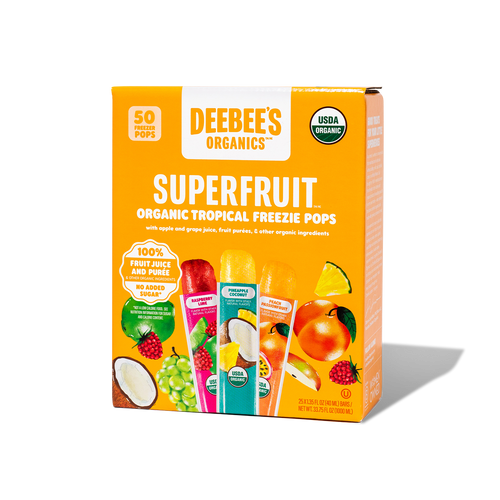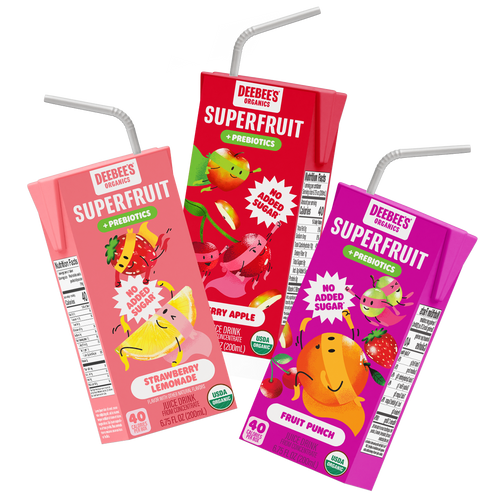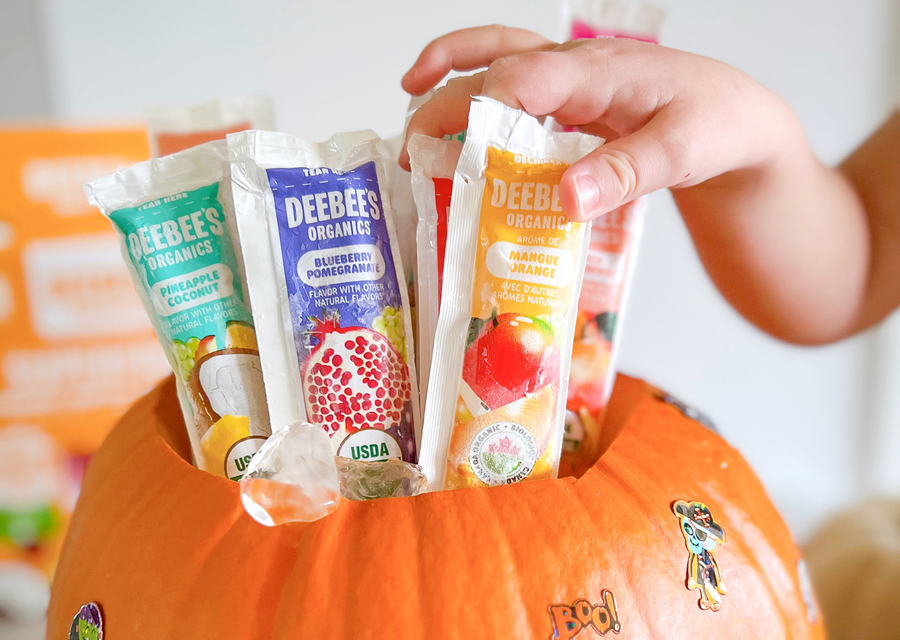A new year is quickly approaching, and you know what that means: a time when everyone busts out the diet books and starts their new year’s resolutions to lose weight through a variety of restrictive, food group-cutting methods. Especially if you’re a woman in our society, you likely spend an inordinate amount of time thinking about your weight and what you eat, especially after the holidays.
It doesn’t have to be this way! And even more important, this doesn’t have to be a way of thinking about food and our bodies that we pass on to our children.
But how do we combat all the toxic diet culture we’re exposed to everyday? By cultivating intuitive eating. The more you and your family can turn to intuitive eating, the happier and healthier you can be. Promise.
So if you’re ready to get off the diet train once and for all, keep reading.
What Is Intuitive Eating?
Like the name suggests, intuitive eating is, well, eating intuitively! It’s about really tuning in to food and your body to see how it makes you really feel.
So many of us are in binge and restrict cycles. We label foods ‘bad,’ and we try to restrict them. This only works for so long, until something depletes our will power. Then we binge, eat All. The. Things. Next up, we feel sick, bloated, and bad about ourselves, and we decide to restrict to only ‘good’ foods. And the vicious cycle begins again.
Intuitive eating is about getting rid of those ‘bad’ and ‘good’ labels. You’re not being virtuous when you choose the apple for dessert. And you’re not being naughty if you eat a brownie. You’re just being a human! And being a healthy human is finding both joy and nutrition in food.
Andrea Walker is a licensed psychotherapist and self-professed former binge-and-restrict eater, who now teaches people how to eat mindfully. She offers a great program called ‘Getting Over Overeating,’ and one of her top tips is to simply eat when you’re hungry, and to try to listen to your wise and loving inner voice when it comes to food choices. When all else fails, feed yourself like you would a child you loved.
We know. This can seem scary if you’ve been a strict dieter your whole life. But learning how to really nourish your body is one of the best forms of self care there is.
The Anti-Diet Diet
There are some people with medical conditions that require them to pay close attention to what they’re eating. And to us, it still makes sense to choose organic food whenever possible.
But beyond that, instead of making a new year’s resolution to diet, what about committing to an anti-diet instead? To letting go of the ‘shoulds’ and listening to how your body ready feels? To letting go of the ‘all or nothing’ attitude and embracing a more holistic approach to food and our bodies?
The thing is, your body wants to eat healthy food. And sometimes, that brownie really is a necessity. It’s all about balance, and the more we can accept this, the better off we’ll be.
Learn With Your Kids
Be honest. I’m sure your mom did the best job she could. But how many of your own food issues are the same as your parents? And how many of your own food issues are you passing on to your children?
Kids are sponges. And they are always (always, always!) watching. If they see you binge and restrict, that’s what they’ll think is normal. If you tell them some foods are good and some foods are bad, they’ll believe you. And they’ll grow up struggling with that same vicious cycle we do.
So what better reason to embrace intuitive eating yourself, than so that you can raise a generation of intuitive eaters who don’t have to waste so much time thinking about their bodies and their waistlines?
One simple way? Don’s use dessert as an incentive, and don’t label food as good or bad. Make sure there are plenty of wholesome options on hand (or in the freezer!), and that’s what your kids will reach for most of the time.
And if some of the time they reach for a chocolate bar? Well, that’s ok, too. In moderation.
If you’d like to raise kids who reject diet culture, we recommend How To Raise An Intuitive Eater by Sumner Brooks and Amee Severson. It offers lots of great insight on how to set your kids up a for a life of great eating habits. Good luck, and bon appetit!





